What is Lssr ransomware?
If you note that your machine was contaminated by an unnamed malware, and your files were scrambled and earned a .lssr suffix, it is highly likely, that you deal with Lssr ransomware – the newest version of the DJVU virus. In almost all instances, the dangerous software is distributed via spam email messages including bad attachments. Shortly after infiltration, Lssr ransomware puts strong enciphering on the victim’s files so that they might no longer be accessed. To infiltrate the files, cybercriminals request Bitcoins for the decryptor. Nevertheless, we suggest you not to carry out this because there is no assurance that those users would go back your facts. Instead, you might use our guide to terminate Lssr ransomware and decode .Lssr files.
This variety notwithstanding, they all monitor the same necessary template – to coerce money in return for invaluable information. At once after penetration, it begins to encode user files appending them together with .lssr extension. The quantity of fine is $980 and to motivate victims to pay swifter, crooks offer a 50% voucher for payment inside 72 hours. For this purpose, cybercriminals want you to contact them by email: manager@mailtemp.ch / helpmanager@airmail.cc. The more detailed information you can find in the TXT file virus creates:_readme.txt:
In the end, it’s up to you to assume it or not, but let us advise you – no one can guarantee that they would do their component of the deal. On the contradictory, there is a huge danger of being tricked and merely dumped in packages with little. The only trustworthy way to fix the issue is to eliminate Lssr ransomware from the machine through relevant programs so as to negate the nasty motions of the malicious program and then fix your information from the backup.
There exists two solutions to get rid of Lssr ransomware and restore your files. The at the beginning is to employ an automated deletion program. This technique is handy even for unskilled users as the termination program could remove all cases of the malicious virus in just several clicks. The first moment is to employ our by hand deletion instructions. This is a much more difficult way that needs exclusive system abilities.
Screenshot of false Windows bring up to date you may notice during the enciphering:
How Lssr ransomware gets on my computer?
Cybercriminals use varying methods to spread the malware software to the target system. Ransomware infections might infect victims’ operating systems etc. than in one or two techniques, in the majority of cases, a cryptoviral deception breach is performed together with the following approaches:
Warning, multiple anti-virus scanners have detected possible malware in Lssr ransomware.
| Anti-Virus Software | Version | Detection |
|---|---|---|
| VIPRE Antivirus | 22702 | Wajam (fs) |
| Kingsoft AntiVirus | 2013.4.9.267 | Win32.Troj.Generic.a.(kcloud) |
| Malwarebytes | v2013.10.29.10 | PUP.Optional.MalSign.Generic |
| McAfee | 5.600.0.1067 | Win32.Application.OptimizerPro.E |
| ESET-NOD32 | 8894 | Win32/Wajam.A |
| Tencent | 1.0.0.1 | Win32.Trojan.Bprotector.Wlfh |
| McAfee-GW-Edition | 2013 | Win32.Application.OptimizerPro.E |
| NANO AntiVirus | 0.26.0.55366 | Trojan.Win32.Searcher.bpjlwd |
| VIPRE Antivirus | 22224 | MalSign.Generic |
| Malwarebytes | 1.75.0.1 | PUP.Optional.Wajam.A |
| Qihoo-360 | 1.0.0.1015 | Win32/Virus.RiskTool.825 |
Lssr ransomware Behavior
- Distributes itself through pay-per-install or is bundled with third-party software.
- Slows internet connection
- Lssr ransomware Shows commercial adverts
- Steals or uses your Confidential Data
- Redirect your browser to infected pages.
- Shows Fake Security Alerts, Pop-ups and Ads.
- Lssr ransomware Connects to the internet without your permission
- Changes user's homepage
- Common Lssr ransomware behavior and some other text emplaining som info related to behavior
- Integrates into the web browser via the Lssr ransomware browser extension
- Installs itself without permissions
- Lssr ransomware Deactivates Installed Security Software.
Lssr ransomware effected Windows OS versions
- Windows 10
- Windows 8
- Windows 7
- Windows Vista
- Windows XP
Lssr ransomware Geography
Eliminate Lssr ransomware from Windows
Delete Lssr ransomware from Windows XP:
- Click on Start to open the menu.
- Select Control Panel and go to Add or Remove Programs.
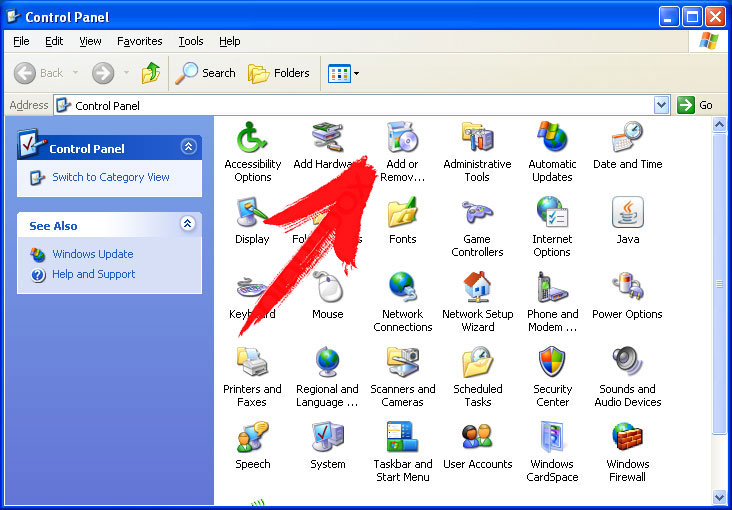
- Choose and remove the unwanted program.
Remove Lssr ransomware from your Windows 7 and Vista:
- Open Start menu and select Control Panel.

- Move to Uninstall a program
- Right-click on the unwanted app and pick Uninstall.
Erase Lssr ransomware from Windows 8 and 8.1:
- Right-click on the lower-left corner and select Control Panel.
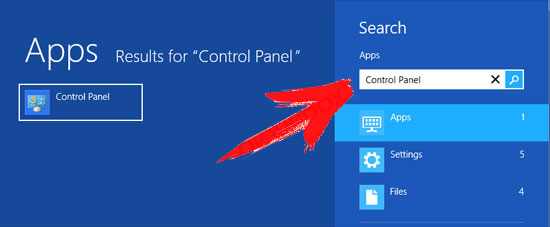
- Choose Uninstall a program and right-click on the unwanted app.
- Click Uninstall .
Delete Lssr ransomware from Your Browsers
Lssr ransomware Removal from Internet Explorer
- Click on the Gear icon and select Internet Options.
- Go to Advanced tab and click Reset.
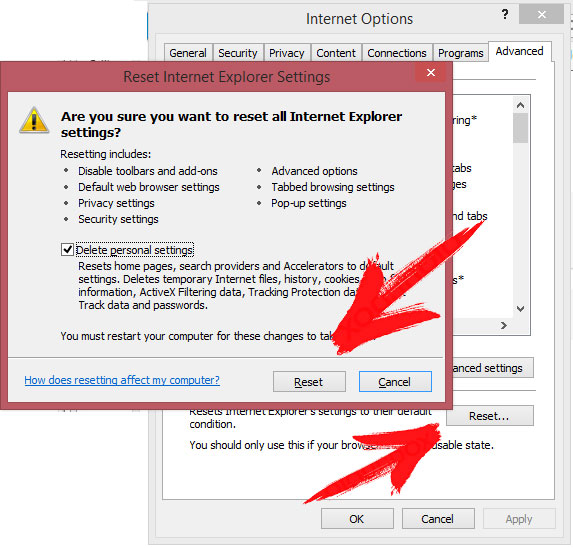
- Check Delete personal settings and click Reset again.
- Click Close and select OK.
- Go back to the Gear icon, pick Manage add-ons → Toolbars and Extensions, and delete unwanted extensions.
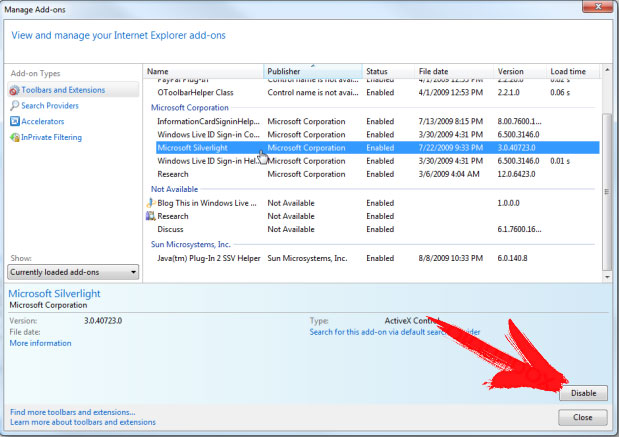
- Go to Search Providers and choose a new default search engine
Erase Lssr ransomware from Mozilla Firefox
- Enter „about:addons“ into the URL field.
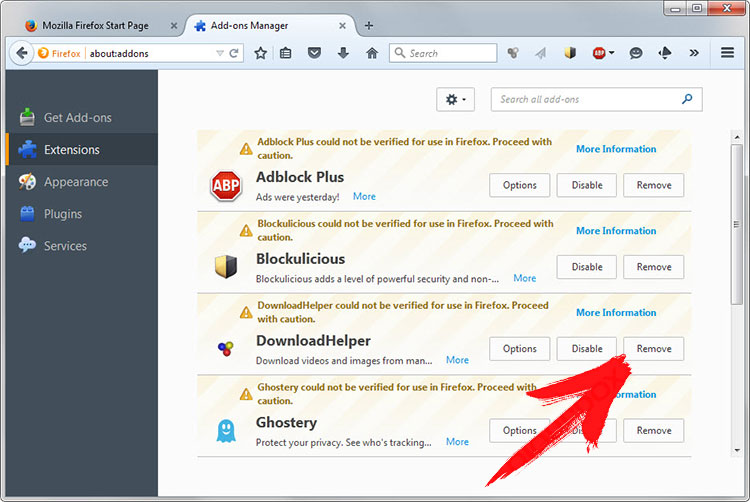
- Go to Extensions and delete suspicious browser extensions
- Click on the menu, click the question mark and open Firefox Help. Click on the Refresh Firefox button and select Refresh Firefox to confirm.
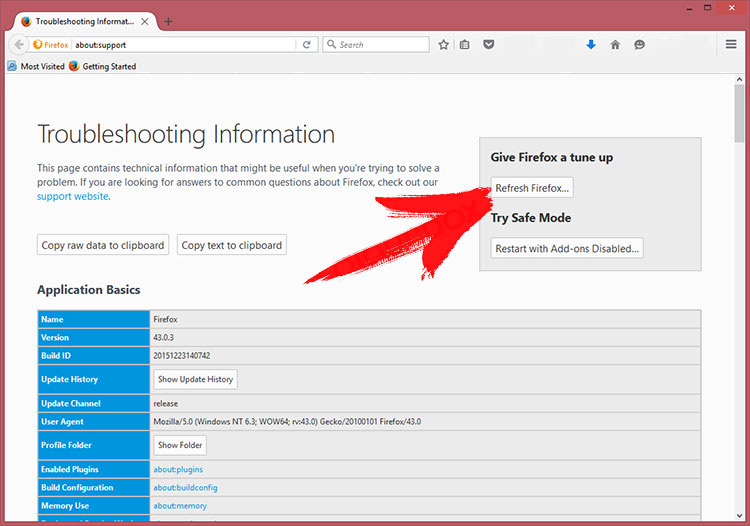
Terminate Lssr ransomware from Chrome
- Type in „chrome://extensions“ into the URL field and tap Enter.
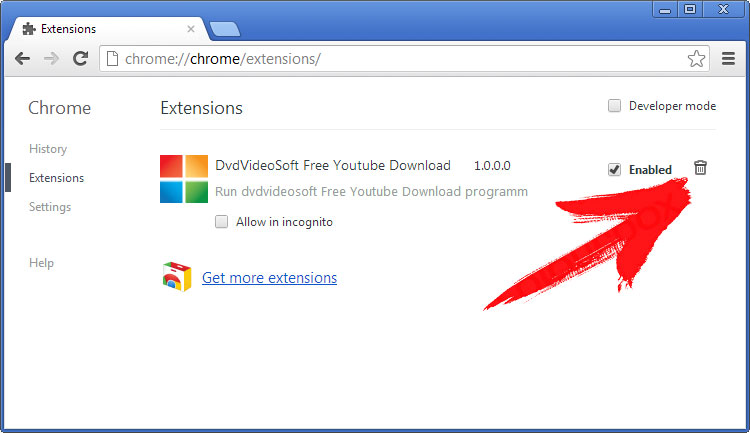
- Terminate unreliable browser extensions
- Restart Google Chrome.
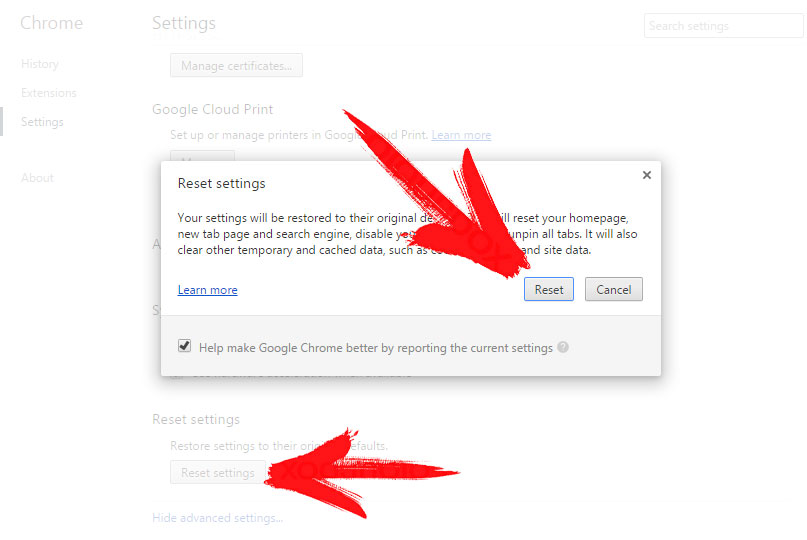
- Open Chrome menu, click Settings → Show advanced settings, select Reset browser settings, and click Reset (optional).